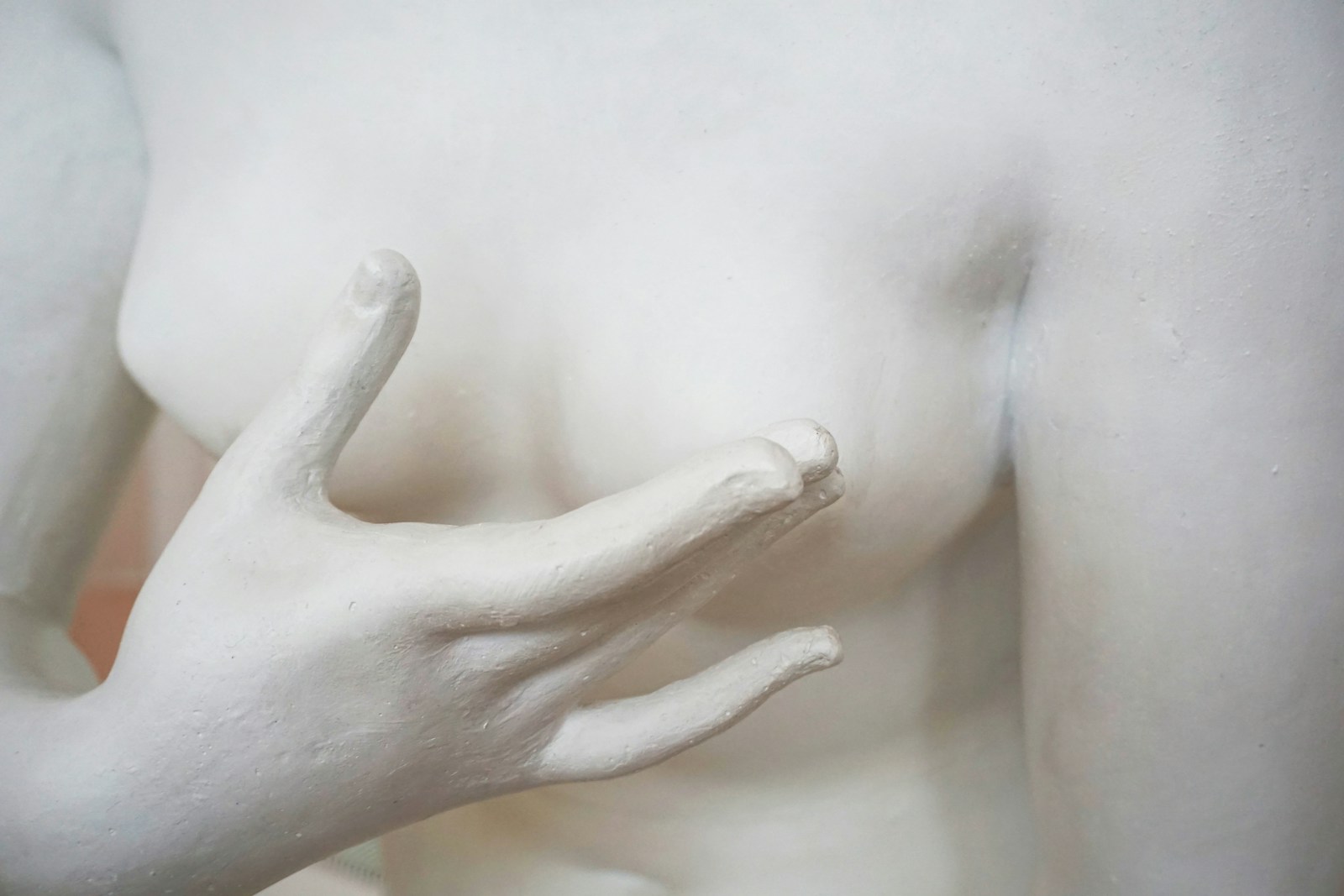
犹豫
yóuyù

hesitate
The Chinese word '犹豫' closely translates to 'hesitate' in English. In the Chinese language, it is frequently used to denote indecision or uncertainty, much like the English word 'hesitate'. It can be used in a variety of contexts, such as when someone is unsure about making a choice, taking an action, or expressing an opinion.
Example sentences using: 犹豫
他犹豫了一下,然后决定去。
tā yóuyù le yīxià, ránhòu juédìng qù.

He hesitated for a moment, then decided to go.
In this sentence, '犹豫了一下' means the person hesitated for a moment before making a decision.
你为什么犹豫?
nǐ wèishéme yóuyù?

Why are you hesitating?
Here, '犹豫' is used to ask why someone is being indecisive or unsure.
你不应该再犹豫。
nǐ bù yīnggāi zài yóuyù.

You shouldn't hesitate any more.
In this statement, '再犹豫' expresses the need for the person to stop being uncertain.
我看到她犹豫的神情。
wǒ kàn dào tā yóuyù de shénqíng.

I saw her hesitant expression.
'犹豫的神情' describes an expression that shows uncertainty or indecision.
犹豫的时候,机会就溜走了。
yóuyù de shíhòu, jīhuì jiù liū zǒu le.

When you hesitate, opportunities slip away.
In this sentence, '犹豫的时候' means the moment or time of hesitating.
他犹豫了一会儿,然后把门打开了。
tā yóuyù le yīhuǐr, ránhòu bǎ mén dǎkāi le.

He hesitated for a while, then opened the door.
'犹豫了一会儿' suggests the person was uncertain or indecisive for a short period of time.
在购买时,我犹豫了很久。
zài gòumǎi shí, wǒ yóuyù le hěn jiǔ.

I hesitated for a long time when making the purchase.
In this example, '犹豫了很久' shows the person's prolonged uncertainty during the buying process.
我犹豫要不要告诉她真相。
wǒ yóuyù yào bùyào gàosù tā zhēnxiàng.

I hesitated whether to tell her the truth or not.
'犹豫要不要' conveys a sense of indecision about whether to take a specific action.
他对这个问题感到很犹豫。
tā duì zhège wèntí gǎndào hěn yóuyù.

He feels very hesitant about this issue.
'感到很犹豫' is used to express feeling very unsure or doubtful towards a certain matter.
她犹豫不决,不知道该做什么。
tā yóuyù bù jué, bù zhīdào gāi zuò shénme.

She is hesitant and unsure of what to do.
'犹豫不决' is used to describe a state of indecision and uncertainty about what action to take.